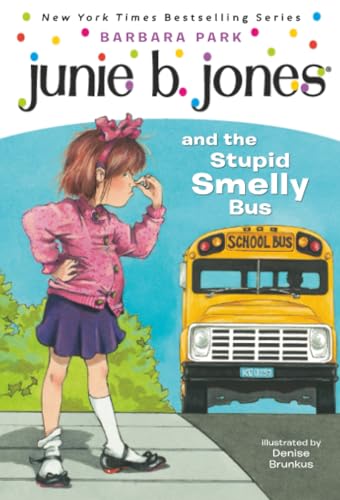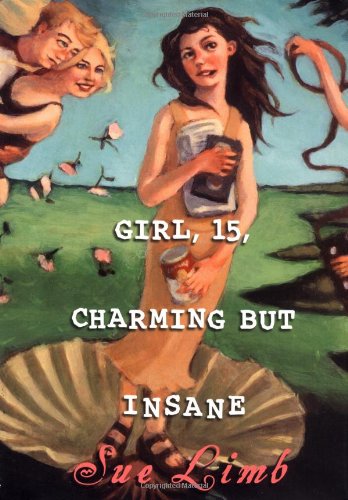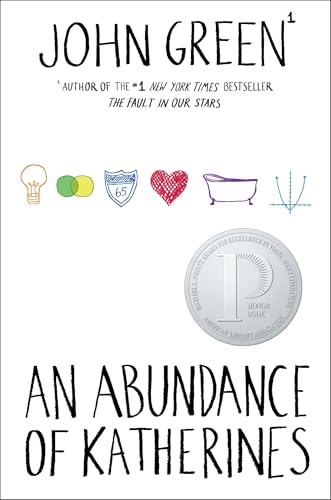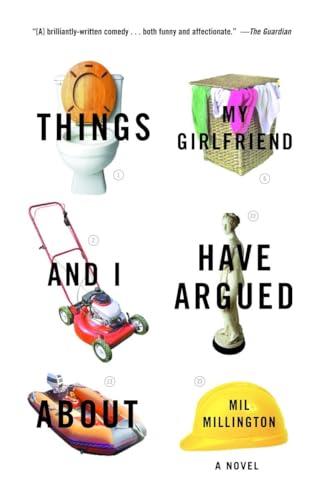If ever there were a pair of creative minds well suited to work in conjunction, they would be Lewis Carroll and Tim Burton. That’s not to say that Burton’s film is by any stretch a “faithful adaptation” of Carroll’s work, but more that Burton’s sensibility is uniquely appropriate to interpreting Carroll’s off-kilter imaginings. The film (which is positioned as more a continuation of the Alice stories than a direct adaptation) does fall prey to some of the same flaws that have afflicted earlier works — treating Alice’s Adventures in Wonderland and Through the Looking-Glass, and What Alice Found There as though they were a single narrative, combining the Queen of Hearts and the Red Queen into an amalgam character, and so on. In fact, one could argue that it owes more to past adaptations than to the original books — though from a filmmaker’s perspective, there may be more to be gained by tapping into our collective memory of the stories than by adhering closely to the stories themselves. Which goes to illustrate the overriding truth of filmmaking (and the bane of literary purists everywhere): For good or ill, filmmaking is a director’s medium, not a writer’s.
There are those who love Burton’s style, and those who abhor it, though for the most part Burton doesn’t often polarize audiences; many find his films enjoyable but are neither enthused nor repulsed. (MR probably falls somewhere in the middle of the latter group — though she was clear that she had no desire to see Alice; while she enjoys the occasional weird-ass picture book, she’s a little more conventional in her movie choices.) I lean toward the fan side of the equation, but several of his films I find merely entertaining. I thought Beetlejuice and Edward Scissorhands were brilliant, but Charlie and the Chocolate Factory somewhat less inspiring. I loved his Batman films at the time of their release (there are no doubt blackmail-worthy photos floating around somewhere), but find they don’t quite hold up over time. (We will studiously avoid any mention Planet of the Apes, which bears no sign of being a Tim Burton film at all.)
But Burton is certainly a visionary — in the sense that all of his films (with the exception of the film-that-shall-not-be-mentioned) bear his indelible imprint. And in this regard, Carroll’s work would seem to be an ideal jumping-off point for Burton’s particular brand of lunacy. In fact, one can imagine Burton embracing the maxim “We’re all mad here” as his own personal mantra. So the question — from a filmmaker’s perspective — becomes not whether this outing brings Carroll’s vision to the screen, but whether the inspiration of Carroll’s writing serves Burton’s vision. (That said, this audience being a more literarily-minded group, I certainly welcome your thoughts and counterarguments in the comments.)
In that regard, I would answer affirmatively, arguing that Alice stands along with Edward Scissorhands as absolutely emblematic of Burton’s oeuvre. While it may not be possible to translate Carroll’s linguistic brilliance into any other medium, Burton uses that language to at least emulate the feeling of being in a dream world — where things make a vague sort of sense, but remain just bizarre enough to be confusing. Criticisms that Burton takes what shouldn’t make sense and provides too coherent a narrative (providing very clear objectives for the characters, interweaving the “Jabberwocky” poem more explicitly into the main story arc, and the like) may have some merit, but I for one found myself suitably disoriented throughout.
Unlike writing (editorial assistance aside), filmmaking is a collaborative medium, though in this case the director’s hand remains evident across the board. The casting — in terms of both the selection of appropriate actors and the consistent direction of performances — is pure Burton. Johnny Depp is delightfully batty as the Mad Hatter, Mia Wasikowska provides an ideal blend of youthful innocence and post-adolescent defiance to Alice, and Helena Bonham-Carter positively steals the show as the Red Queen/Queen of Hearts — and that’s saying nothing about the stellar turns by Stephen Fry and Alan Rickman as the Cheshire Cat and Blue Caterpillar respectively (of all the performances, I felt only Anne Hathaway’s as the White Queen fell a bit flat). The exaggerated design — while certainly paying homage to John Tenniel’s classic illustration (and Disney’s animated work) — is straight out of Burton’s gloriously askew imagination. And the story — aforementioned coherence notwithstanding — very effectively illustrates Burton’s themes on balancing responsibility and individual choice (and the benefits of a healthy dose of madness).
In all, I found the film eminently watchable, and imbued with far greater intelligence — in no small part thanks to the genius of the source material — than most popular entertainment. The 3D effects are not merely a gimmick (though there are certainly a few “3D shot” moments), but serve the larger goal of immersing the viewer in the dream-like world of Wonderland (or “Underland,” as it’s more properly dubbed in the film). And though it does take substantial liberties with Carroll’s stories, it hardly appears to desecrate the spirit of the originals.
But let’s not leave my word as the final determination — chime in and add your own thoughts. If we get a particularly lively conversation out of it, I may tackle Guy Richie’s more explicitly revisionist Sherlock Holmes.
Links to material on Amazon.com contained within this post may be affiliate links for the Amazon Associates program, for which this site may receive a referral fee.
























3 comments:
How many times must I comment in order to score the hinted-at discussion of Richie's Sherlock Holmes? Because I will DO it. I adored that interpretation. Seriously.
Nice point about whether a director is supposed to bring a book to life (within the writer's vision), or whether good film comes from material that suits the director's vision. I think that, film-wise, I agree with the latter point. I'd have to say that I think that Sweeney Todd was right up Burton's alley, material-wise, which is why it worked (in its own blood-bespattered way). I still have to go see Alice - probably this weekend - but I agree that Carroll's strangeness seems a good companion for Burton's strangeness, and that it seems as if they'd suit one another.
And yes, please, to the Sherlock Holmes discussion.
Well, hey! A PapaBook post!
Wow - I want to talk about the Sherlock Holmes because I'm terrified to see it -- I fear I will REALLY HATE IT.
Convince me, please? Because I pretty much want to be convinced by something other than the presence of Robert Downey Jr. I would like to think that I'm not shallow enough to watch a movie just because he's in it. Not that you needed to know that.
Alice is just opening here - and yes, I'm one of those literary people everyone loathes -- I hate film adaptations of books - they suck the life from the text every single time, as if the director didn't even read the freaking book, and I swear they don't, nine times out of ten, and what, then, is the point??? -- but knowing you're actually Film Guy and all, I am TRYING to be fair. You're right. Film is simply another medium to translate the text; once the book leaves the author and crosses into the world of the reader, it changes from the way the author envisioned it anyway. Everyone adds their own interpretation. And certainly Weird Burton goes really well with Opium Dream Carroll.
But, PLEASE: can film people at least TRY to occasionally read the books? I'm just sayin'
As to that other series adaptation: Have only seen the trailers, and okay: Holmes was a pugilist and we know all about his martial arts and crazy hand-to-hand combat. It's just disturbing for we booknerds to see him so physical when sleuthing for him was nine and nine/tenths mental. Holmes spent a lot of time sitting still, thinking. But, I guess that doesn't make good film, huh?
*sigh*
Convince me...
Hey, I'm trying to put together a list of bloggers who concentrate on books for middle school boys. Looking back at the participants in your reading challenges, so many are women and girls. Do you know of any? Please comment on my blog if you do. Thanks!
Post a Comment